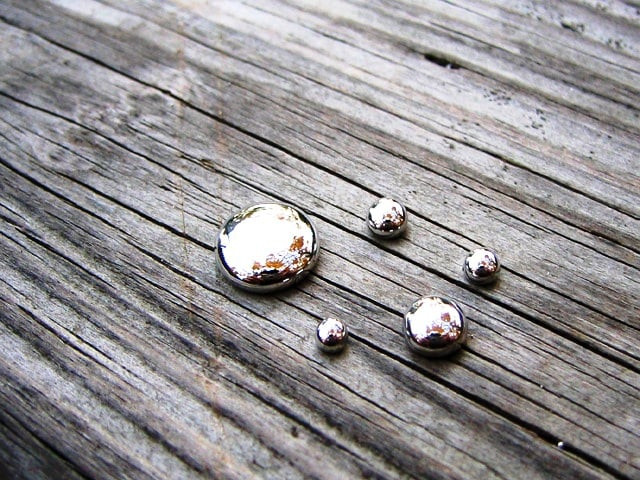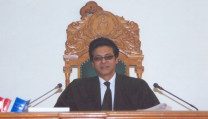Protection of health, environment stressed
Robust legal framework imperative to fight mercury impact

Abbas added that the absence of environment-friendly alternative technology, a lack of political commitment and funding are major roadblocks to much-needed efforts required to stamp out mercury use. PHOTO: FILE
This was the crux of the three-day capacity building workshop titled, “Mercury inventory using the toolkit of the United Nations Environment Programme (UNEP)”, organised by the Ministry of Climate Change in coordination with the UNEP and the Washington-based Global Environment Facility (GEF). It concluded here on Friday.
Environmental and health experts, industrialists, medical practitioners, and dentists pledged to work with relevant stakeholders in government and non-governmental sectors to play their part in clamping down on use of the mercury in any form.
The experts identified several areas and items where mercury was present which included mining, industrial equipment (thermometers and manometers), dental fillings, jewellery making, skin whitening creams and soaps, electric batteries, paints, and fish species.
The speakers explained that mercury was considered one of the key causes of nervous system disorders.
Moreover, experts said that long-term exposure to mercury vapours causes anxiety, loss of appetite, tremors, irritability, changes in vision, fatigue, hearing and sleeping problems, headache, chest pain, coughing, sore throat, and memory loss.
Former Pakistan Environ-mental Protection Agency (Pak-EPA) director-general Asif Shuja Khan said, “There is a dire need to hammer out a policy mechanism that can help prevent the unbridled use of mercury and its handling in a scientific manner, which is playing havoc with the health of the people,” Khan stressed.
Zaigham Abbas, UNEP’s project coordinator for its mercury-free Pakistan programme, told participants that a lack of data on the extent of mercury use and the awareness gap on its health and environmental impacts are the main hindrances to freeing the country of mercury use.
Abbas added that the absence of environment-friendly alternative technology, a lack of political commitment and funding are major roadblocks to much-needed efforts required to stamp out mercury use.
Published in The Express Tribune, September 11th, 2016.



















COMMENTS
Comments are moderated and generally will be posted if they are on-topic and not abusive.
For more information, please see our Comments FAQ